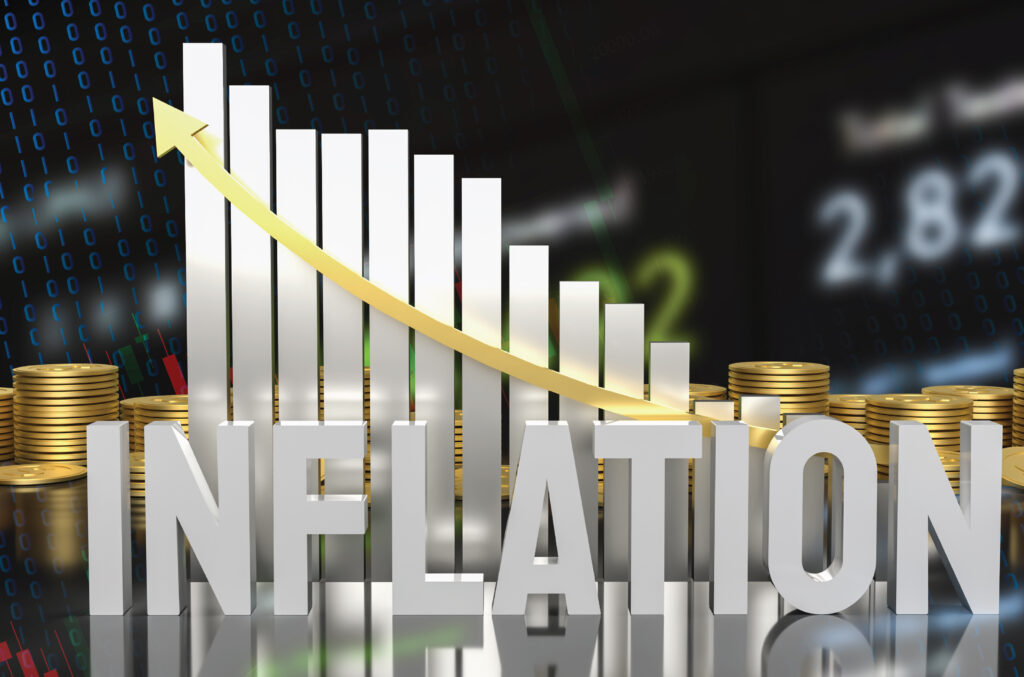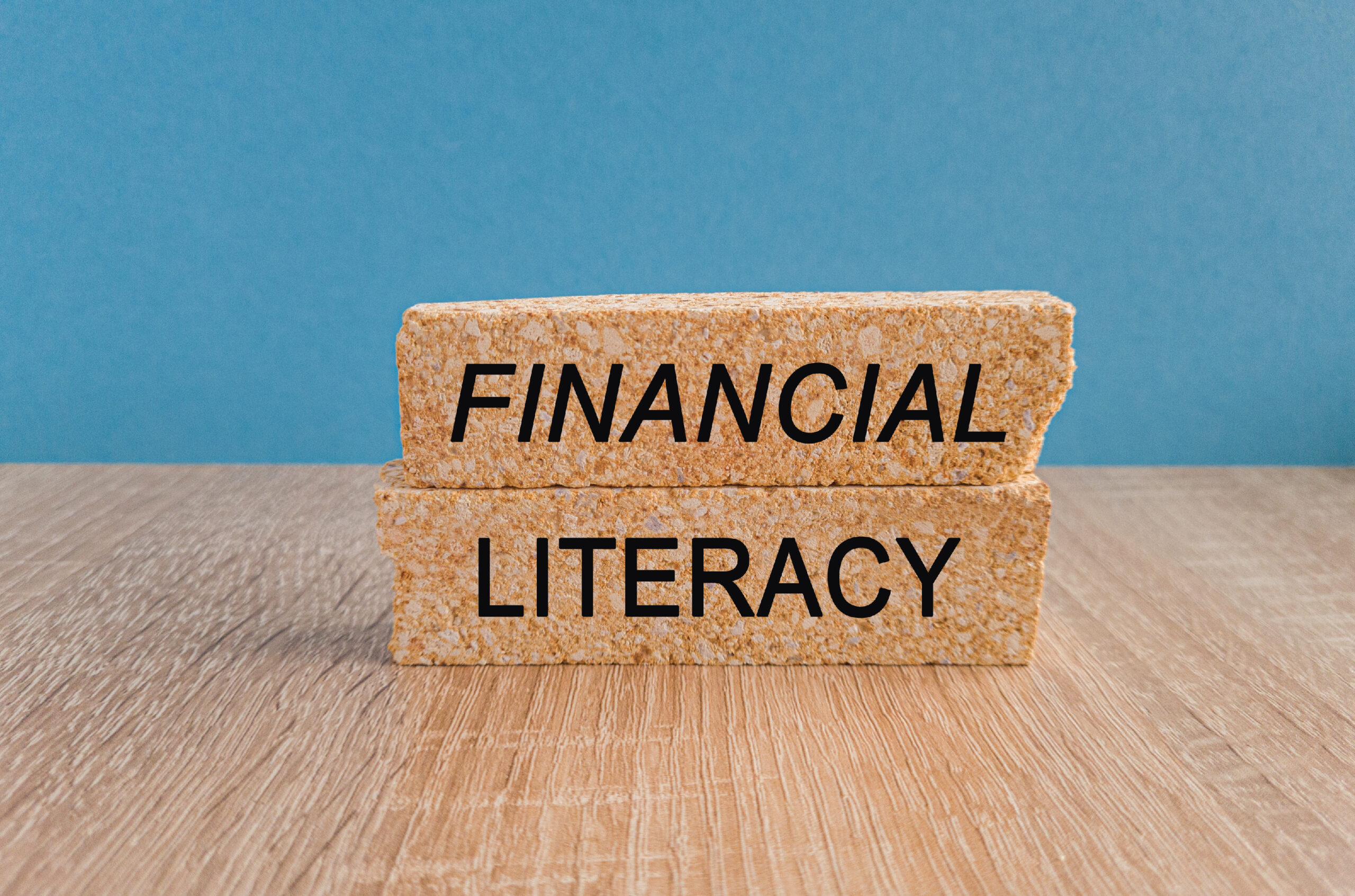
Have you ever observed the rate at which the overall prices for goods and services increase? If yes, is this phenomenon known as inflation? Without any doubt, yes. It enormously influences individuals’ savings and investments in India. Finance management gets more efficient when investors have in-depth understanding of diversified financial facets. In this blog, YPay will help you to uncover its dire influence on savings and investments in India and render strategies to mitigate its impact.
1. Inflation and Savings: The Erosion of Value
Inflation declines the purchasing power of money. It represents that the same amount of money purchases fewer commodities and services as time moves forward. It presents a significant challenge for people who rely on saving money:
– Low-Interest Savings Accounts: It is no longer a piece of news that traditional savings accounts in India usually proffer low interest rates, frequently below the rate of inflation. It causes an erosion of value and can ruthlessly constrain your ability to achieve long-term financial goals.
– Fixed Deposits: In India, fixed deposits (FDs) continuously support investors save money as FDs entail safety and guaranteed returns. Regardless, if the interest rate on an FD is less than the inflation rate, the actual value of your returns tends to decline. Suppose, an FD delivering 6% interest may seem attractive, but if inflation is 7%, the real return is unfavorable.

2. Inflation’s Influence on Investments
Moreover, inflation also substantially affects multifarious investment options in India. Let’s throw some light on them.
Equities: Stocks usually function well in an inflationary environment because businesses can pass on higher costs to customers via increased prices. It signifies that equity investments can outrun inflation and yield real returns. Nevertheless, stock markets can be volatile, and it’s important to conduct comprehensive research and invest in companies that sustain robust fundamentals.
Real Estate: Real estate investments are thought to be a safer instrument to cope with inflation. As prices soar, property values and rental incomes usually rise, holding the actual value of the investment. If you are an investor in India who is constantly on a hunt for a tangible asset that helps you combat inflation, consider choosing real estate.
Commodities: Investing in commodities such as gold, silver, and oil can help potential investors overthrow inflation. Gold has long been deemed a classic haven during high inflation. Its value usually grows as the cost of living boosts.
Bonds: Bonds can be severely affected by inflation, mainly those with fixed interest rates. When inflation ascends, the fixed coupon payments from bonds plunge in value. How does an investor address this issue? Investing in inflation-linked bonds or short-term bonds that are less impacted by inflation also make an incredible selection.

3. Strategies to Overthrow Inflation
Remember to consider the following strategies to guard your savings and investments from the wrath of unfavorable outcomes of inflation in India:
– Diversification: Do you know how an investor turns into a smart investor? By harnessing the power of Diversification of investments across asset classes like equities, real estate, commodities, and inflation-protected securities. This trait is capable of yielding smart returns. This approach offsets risk and potential returns, enabling investors to outpace inflation.
– Inflation-Protected Securities: Do not forget to invest in government securities or bonds that are devised to guard against inflation, such as inflation-linked Bonds allocated by the Indian government can present returns that accommodate inflation rates.
– Re-evaluate and Adjust Investment Portfolio: Keep reviewing your investment portfolio to confirm it is enough to dominate current inflation movements. Modify your asset allocation to retain investments that tend to operate well during inflation.
– Augment Savings Rates: Consider supplementing your savings rate to combat the erosion of purchasing power. Allot additional funds to higher-yielding investments or diversify into assets that retain higher possibilities to grow with inflation.
4. Long-Term Planning
Now, it is evident that inflation can significantly impact long-term financial planning in India. Are you brainstorming ways to establish savings goals for retirement, education, or major purchases? If yes, don’t forget to consider inflation.
Presently, one can find many various inflation-adjusted financial planning tools that enable an investor to assess the future value of their savings and investments, confirming that they are on the right path that leads to their financial objectives.
Conclusion
In India, if you think about saving and investing money, inflation emerges to be a massive hindrance. It brutally hampers the purchasing power of money and the real returns on investments. Comprehending its impact has become indispensable for defending and accumulating wealth.







